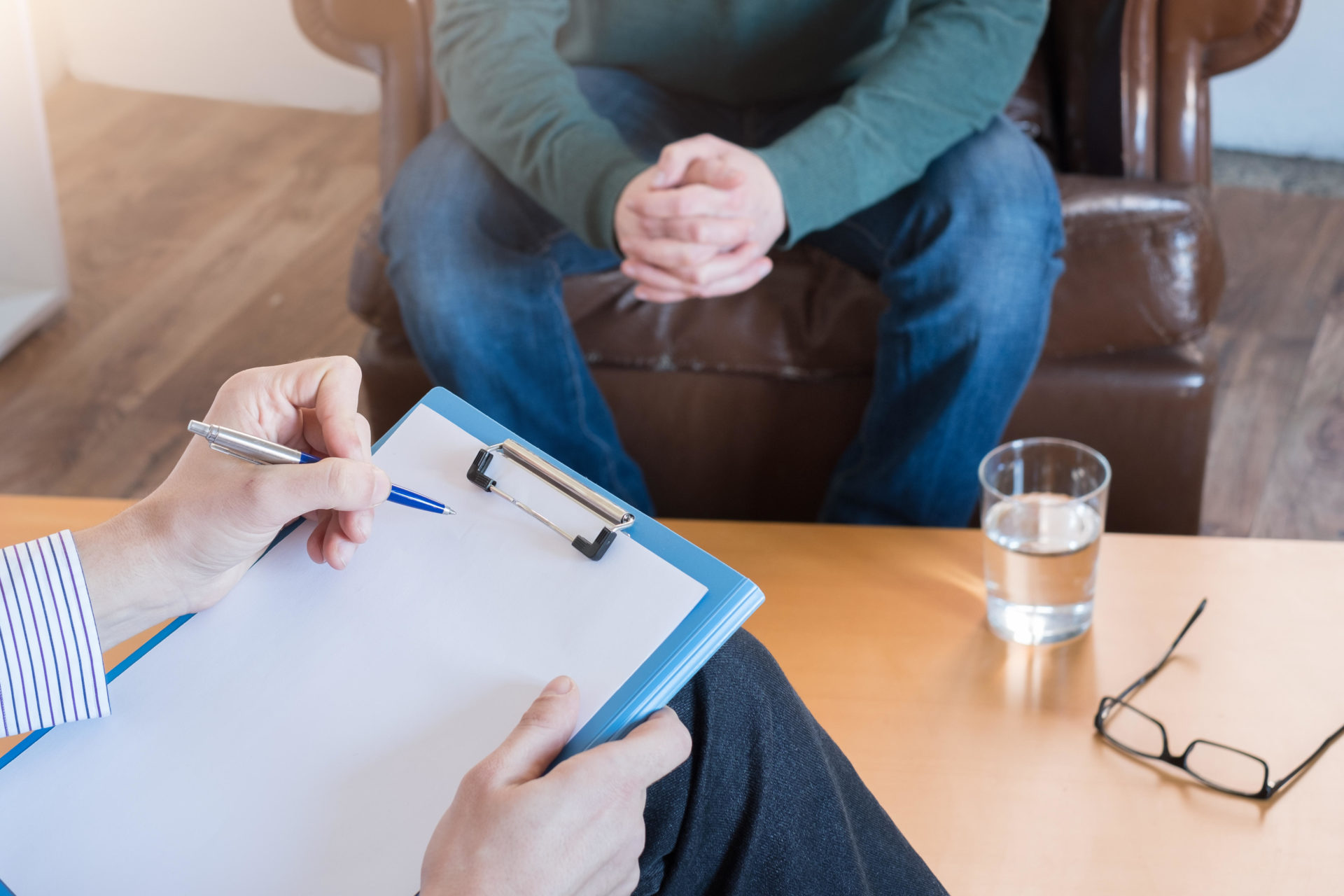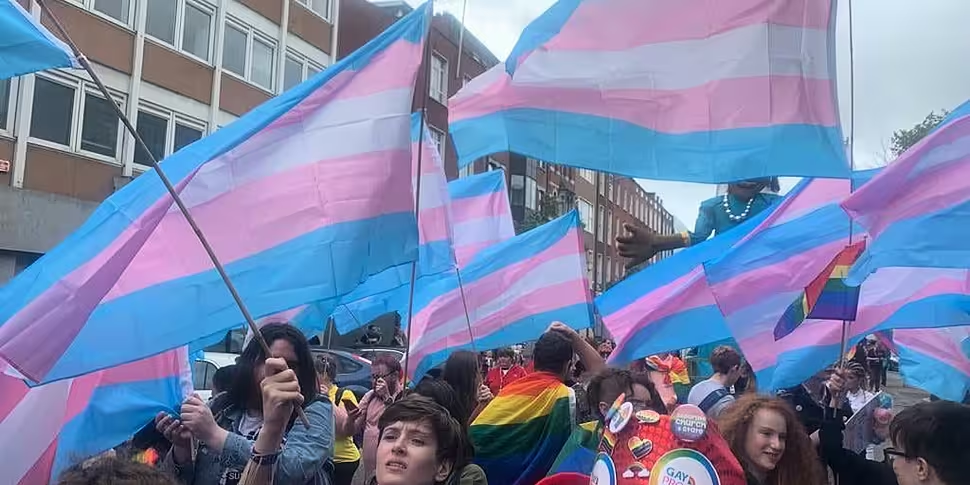A recent analysis of GP records in the UK has found that the number of children presenting with gender dysphoria in the country has risen 50 fold in a decade.
This analysis found that more than 10,000 people under the age of 18 identified as transgender or struggling with their gender identity in the UK.
Psychiatrist with the National Gender Service Dr Paul Moran told Newstalk Breakfast that this study is further proof of a global trend.
“This study replicates all the other studies that have shown the same thing, for example, the Hilary Cass report and other European studies,” he said.
“The number of people being referred to gender services – particularly young people – have skyrocketed globally.
“Of course, these are also known to be very different to traditional patients both in terms of their age profile but also in relation to their associated issues.
“Most of this new group also have a lot of mental health problems and social and functional problems, particularly autism.”
Dr Moran said the rise of social media is likely also a contributing factor.
 Psychologist taking notes during psychotherapy session. Image: tommaso altamura / Alamy Stock Photo
Psychologist taking notes during psychotherapy session. Image: tommaso altamura / Alamy Stock PhotoHe said that while this increase could partially be explained due to the fact that these issues are more acknowledged now in society, this does not entirely explain the issue.
“I think that there’s more acceptance and people who have gender issues feel more able to come forward and there are services available,” said Dr Moran.
“So, that is also a part of it – but it certainly wouldn’t explain the bulk of it.
“In other words, it’s not clear that there were huge numbers of teenagers suffering with gender issues in previous generations that weren’t caught.
“There is an increase in acceptance, which is a very good thing, but that certainly doesn’t explain this incredible increase.”
Additional needs
According to Dr Moran, he sees this as part of a larger issue among young people with additional needs.
“What concerns me most of all is that many of these young people have extensive additional problems that have not been addressed, particularly their difficulty in coping with education, difficulty coping with social life, et cetera,” he said.
“These people need a much broader approach than simply focusing on gender.”
Dr Moran said that Ireland should follow in the footsteps of the UK, which has established clinics that have both specialists who help with gender as well as those who address educational and social needs.
Main image: Image: Facebook/Transgender Equality Network Ireland









